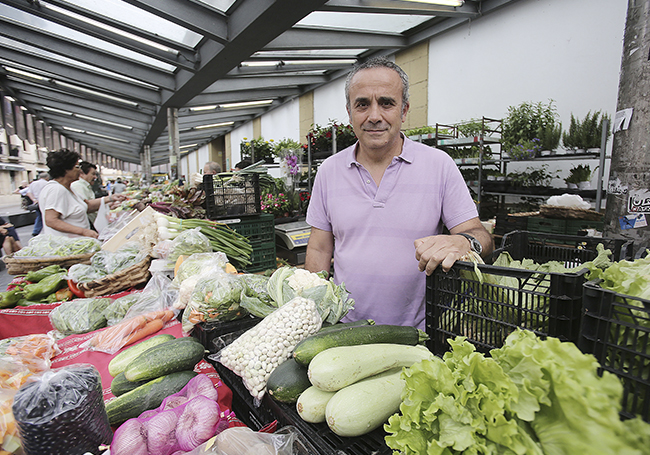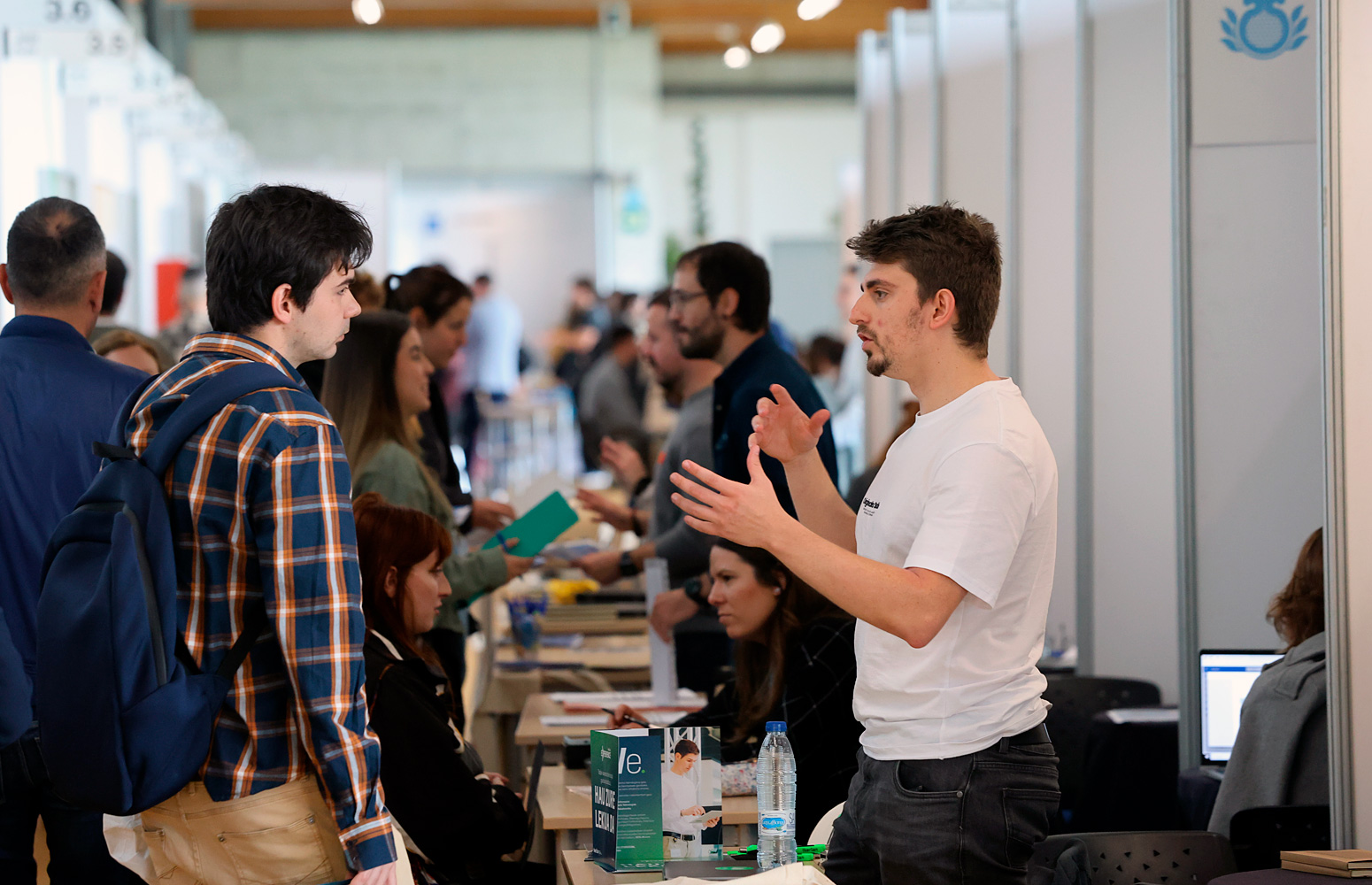The study of ten farmers’ markets in Gipuzkoa concludes that the annual economic impact they deliver is 76.5 million euros, approximately 0.35% of the Gross Domestic Product of Gipuzkoa, according to a study by a research group at the Faculty of Economics and Business of the UPV/EHU-University of the Basque Country. The results of this piece of research have recently been published by the international Journal of Rural Studies.
-

In memoriam: Arturo Muga
-

Violeta Pérez Manzano: «Nire ahotsa ijito bakar batengana iristen bada eta horrek inspiratzen badu, helburua bete dut»
-

Azukrea eta edulkoratzaileak. Zer jakin behar dut?
-

Athletic zuri ta gorria, zu zara nagusia, baina zertan? Gizonezko futbol profesionalaren gaitasun (im)mobilizatzaileari buruzko hausnarketa soziologikoa
-

Iñigo Argomaniz sustatzaileak eta Eli Arabaolaza ikertzaileak irabazi dute XXIII. Donostiako Orfeoia-UPV/EHU Saria
The UPV/EHU explores the economic and social impact of farmers’ markets
A study by the Faculty of Economics and Business in Donostia-San Sebastian suggests that farmers’ markets boost commerce in towns and cities and are on the decline
- Research
First publication date: 16/08/2018

“Farmers’ markets are not places that merely connect the rural environment with the town or city, they are also centres that provide a boost in each municipality and district,” said Mirene Begiristain, a member of the UPV/EHU’s research group. So, “if we want to keep these markets alive in the future, we have to enhance the importance given to them and which should be given to them in the food system of municipalities and cities, since the proliferation of other forms of trading, among other things, have led to the decline of markets", she added.
In the study a diagnosis was made of ten weekly and daily markets in ten municipalities across Gipuzkoa that reflect the diverse reality being experienced by these markets nowadays. The following markets were studied: La Bretxa and the itinerant market of Donostia-San Sebastian, the markets of Tolosa, Ordizia, Arrasate-Mondragon, Azpeitia, Eibar, Bergara, Zumarraga and Zarautz.
The people who go to these markets on a daily or weekly basis to buy and sell products were asked to complete a questionnaire. According to the data emerging from the questionnaire, “the 26,000 citizens who go to these markets every week in Gipuzkoa spend an average of 19.5 euros a day”, said the UPV/EHU researcher Eduardo Malagón. “What is more, the economic impact of markets is not restricted to sales alone,” pointed out Malagón. “In many municipalities, markets are a space for providing a commercial and social boost, and on market days the shops and bars in the surrounding areas also reap significant economic benefits.” Bearing these two pieces of data in mind, “we have calculated the annual sales, and we can say that the total economic impact is 76.5 million euros (0.35% of GDP)”, he explained.
They also identified and classified the main considerations that motivate the people in charge of selling the products and those who go to buy them. Motivation of an economic nature (the sale of products), a social nature (contact with other people) and a cultural nature (the custom of going to market) were observed among the producers. The predominant reasons why people go to purchase the products are individual ones (they seek product quality and cost-effectiveness), collective ones (to encourage local agriculture and local produce, to obtain organic produce), social ones (the market atmosphere and connections) and cultural ones (the issue of habits).
Having said that, Aintzira Oñederra pointed out that “there is no governance model for regulating markets, and knowledge of the actual, specific situation of markets would help to specify the priorities and actions to be developed with a view to reactivating them within the marketing strategy”. Likewise, “we continue to believe that it is important for the various players to consider the economic and social impact of these markets so that they can become a meeting point for the buying and selling of everyday produce, and not a space for the occasional purchase of produce”, added Oñederra.
Bibliographic reference
- Who is feeding embeddedness in farmers´ markets? A cluster study of farmers´markets in Gipuzkoa
- Journal of Rural Studies (2018)
- DOI: 10.1016/j.jrurstud.2018.05.008


